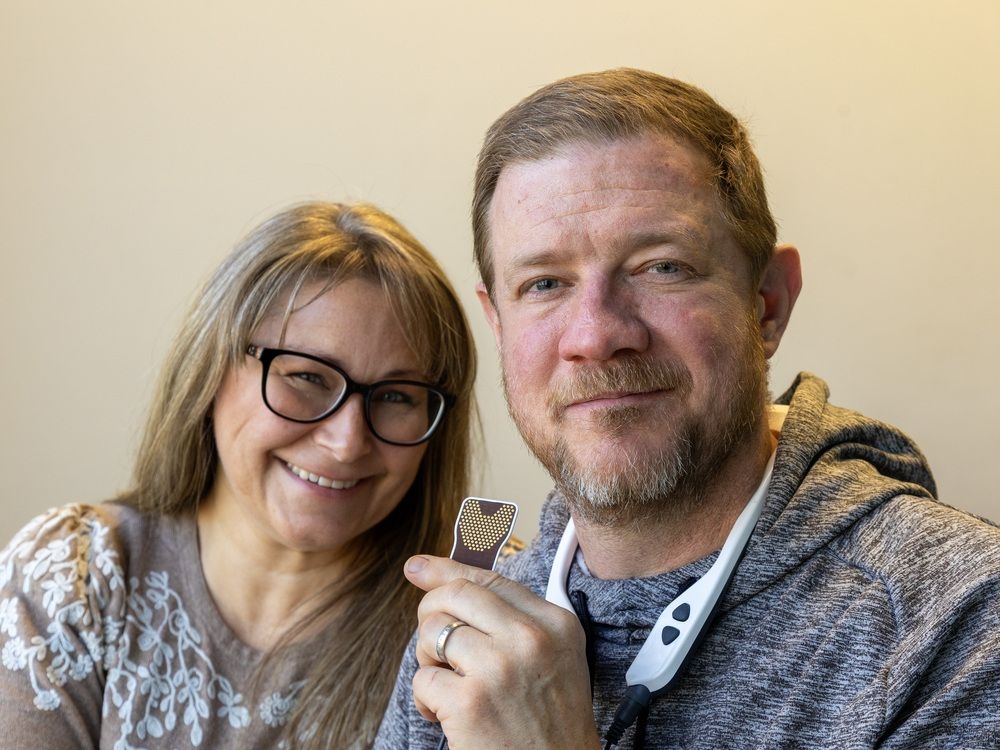A groundbreaking international study suggests a potential shift in how millions are treated for irregular heartbeats. Researchers have discovered that individuals who successfully undergo corrective procedures may no longer require lifelong blood-thinning medication.
The study, focused on atrial fibrillation – the most common cardiac arrhythmia – involved over 1,200 patients. These individuals had all undergone a procedure called ablation, which uses a catheter to restore normal electrical signals in the heart.
Traditionally, even after a successful ablation, doctors recommended continuing blood thinners indefinitely. This precaution aimed to prevent stroke, a serious risk associated with atrial fibrillation. But researchers questioned whether this lifelong commitment was truly necessary.

The trial compared two groups: one continuing with the common anticoagulant rivaroxaban, and the other taking low-dose aspirin. Over three years, researchers meticulously tracked stroke and embolism rates – blockages in blood vessels – between the two groups.
The results were surprising. There was no significant difference in stroke or embolism rates between those on rivaroxaban and those on aspirin. This suggests that successful ablation dramatically reduces stroke risk, potentially eliminating the need for long-term blood thinners.
Further investigation included brain MRIs at the beginning and end of the study, searching for evidence of “silent strokes” – strokes that occur without noticeable symptoms. These scans revealed remarkably low rates of both stroke and silent stroke in both groups.
In fact, an astonishing 96% of patients showed no signs of silent strokes after three years. This incredibly low rate reinforced the idea that the risk of stroke following successful ablation is substantially lower than previously believed.
Blood thinners, while effective at preventing clots, carry a significant risk: bleeding. Even minor injuries can lead to excessive blood loss, and for some, this risk is life-threatening. Patients often express a strong desire to discontinue these medications.
“Patients frequently ask if they can stop the blood thinner,” explains a leading researcher. “They want to live their lives – skiing, working in the garage – without the constant fear of dangerous bleeding.” The study now offers a promising answer for a significant number of these individuals.
Experts are calling the findings a “game-changer” in cardiovascular care. The research demonstrates that, one year after a successful ablation, the benefits of continuing blood thinners are often outweighed by the risks, paving the way for a safer, more patient-centered approach.
This collaborative effort involved over 50 research centers across Canada, Europe, China, and Australia, highlighting the global impact and significance of this discovery. It represents a major step forward in improving the lives of those living with atrial fibrillation.





